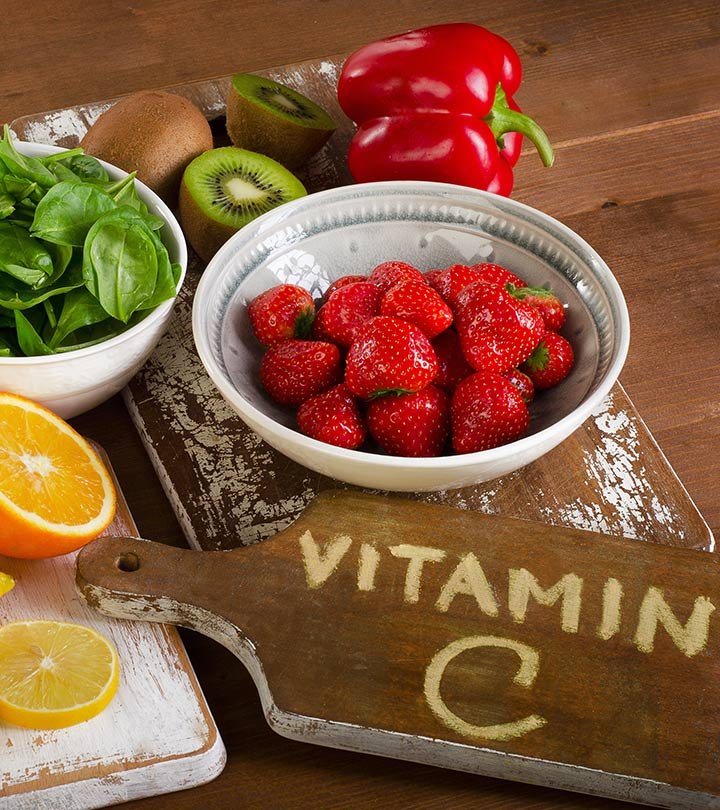There are many fruits and vegetables that are excellent sources of vitamin C.
Here are some popular options:
Citrus fruits: Oranges, grapefruits, lemons, limes, and tangerines are all rich in vitamin C. A medium-sized orange, for example, can provide more than 70 mg of vitamin C.
Berries: Strawberries, blueberries, raspberries, and blackberries are not only delicious but also high in vitamin C. One cup of strawberries contains about 85 mg of vitamin C.
Kiwi: Kiwifruit is a small green fruit that packs a punch of vitamin C. One medium-sized kiwi provides around 70 mg of vitamin C.
Papaya: This tropical fruit is a great source of vitamin C. A small papaya can contain about 95 mg of vitamin C.
Pineapple: Pineapple is another tropical fruit that is rich in vitamin C. One cup of pineapple chunks contains approximately 80 mg of vitamin C.
Mango: Mangoes are not only sweet and juicy but also high in vitamin C. One medium-sized mango can provide about 60 mg of vitamin C.
Red bell peppers: While technically a vegetable, red bell peppers are a fantastic source of vitamin C. A medium-sized red bell pepper can contain over 150 mg of vitamin C, which is more than twice the amount found in most citrus fruits.
Broccoli: Broccoli is a cruciferous vegetable that is packed with various nutrients, including vitamin C. Half a cup of cooked broccoli provides around 50 mg of vitamin C.
Brussels sprouts: Brussels sprouts are another cruciferous vegetable that is rich in vitamin C. Half a cup of cooked Brussels sprouts contains approximately 50 mg of vitamin C.
Leafy greens: Vegetables like spinach, kale, and Swiss chard contain vitamin C along with other essential nutrients. While the vitamin C content may be lower compared to citrus fruits, they still contribute to your daily intake.
Remember that the vitamin C content may vary slightly depending on the fruit or vegetable’s size, ripeness, and how it is prepared. Including a variety of these fruits and vegetables in your diet can help you meet your daily vitamin C requirements.




